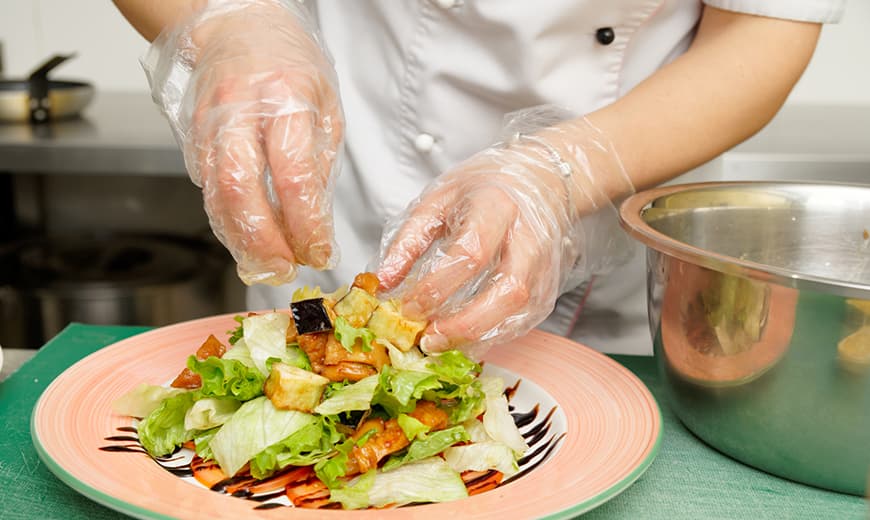what must food handlers do when handling ready to eat food
All food handlers must know how to keep food safe to eat this includes having the necessary skills and knowledge in food safety and food hygiene and ensuring you dont contaminate food through illness or unhygienic practices. Heat the food to destroy the pathogens B.
/__opt__aboutcom__coeus__resources__content_migration__serious_eats__seriouseats.com__2020__03__20200320-covid-food-prep-gloves-shutterstock-3d4aa015da574e1b937fa5c14b040e1e.jpg)
Food Safety And Coronavirus A Comprehensive Guide
Do not eat spit smoke sneeze blow or cough over food or surfaces that touch food.

. Wash hands and surfaces often. Do not eat or chew gum in food handling areas. Wear clean clothing and aprons.
Store foods away from cleaners and poisons. You should change gloves at the following times. Use utensils or disposable gloves when handling ready-to-eat food.
Use utensils or disposable gloves when handling ready-to-eat food. The key tip for handwashing is to use warm water and regular soap. Immediately before working with ready-to-eat food after handling raw food.
Immediately after using the toilet. What must food handlers do when handling ready to eat food. We understand that sometimes you just cant control it but if you absolutely must cough or sneeze make sure that you.
Handwashing should last for at least 20 seconds. Never wash and reuse gloves. Surface such as a cutting board or a utensil was contaminated with a raw food or dirty hands and then was used with a ready-to-eat food occurred close to once per hour.
Do whatever is reasonable to prevent their body anything from their body or anything they are wearing come into contact with food or food contact surfaces. A food handlers hands can transfer pathogens from one food to another. Participants were on-camera for an average of 135 hours of actual food handling pre-food safety infosheet introduction and another 135 hours post-infosheet introduction.
As soon as they become soiled or torn. A food handler prepping a salad stops to scratch an itch on her arm and then returns to making the salad. Do whatever is reasonable to stop unnecessary contact with ready-to-eat.
Food handlers need to know how to properly clean and sanitize their work area. A cook wore singe use gloves while forming raw ground beef into patties. Disposable gloves are one possible way to prevent bare hand contact with ready-to-eat foods.
Food handlers are expected to wash their hands whenever their hands are likely to contaminate food. Stop hair clothes jewellery or phone touching food or surfaces eg. Tie hair back remove loose jewellery cover open sores dont touch ready-to-eat food with your bare hands - use tongs or gloves.
Four Steps to Handling and Preparing Food Safely. Restrain hair and tie back long hair. When must food handlers wash their hands.
In this manner what must you wear when handling ready to eat foods. Practice these four steps to prevent foodborne. This should be pretty obvious.
Wash your hands between handling raw meat and foods that will not be cooked before eating. Recondition the food D. Cook Cook to the right temperature.
Throw out any food that was in the line of fire try to do so into a bent elbow well away from food. What should be done with food that has been handled by a food handler who has been restricted or excluded from the operation due to illness. This includes washing their hands.
Wash your hands between handling raw meat and foods that will not be cooked before eating. Throw it out C. Before doing any type of food handling preparation Before handling ready-to-eat foods After handling raw meats After handling dirty food containers dishes or utensils After removing food debris residue or contamination on food prep surfaces during food preparation After eating drinking smoking or other uses of tobacco.
Each safe food handling practice will be discussed in detail below for dairy meat and fish eggs fruit and vegetables frozen goods and dried goods. Take all practicable measures to prevent unnecessary contact with ready-to-eat food. Another way is to use forks tongs or spatulas.
The top 10 things you should never do as a food handler 1. The current Model Food Code released in 2017 states that food handlers should not touch ready-to-eat foods with their bare hands and that suitable utensils such as deli tissue spatulas tongs single-use gloves or dispensing equipment should be used. Gloves and other barriers do not replace handwashing.
Do not use fingers to sample food. You may use any of the following to prepare or serve foods without bare hand contact. Secure hair clips hair pins buttons on clothes jewellery bandages.
The cook continued to wear them while slicing hamburger buns. Always wash your hands before putting gloves on and when changing to a new pair. If a food handler has an infected wound or boil.
A food handlers hands can transfer pathogens from one food to another. Food preparation areas and equipment must be kept clean and sanitized. Make sure the food has not been time-temperature abused.
Food handlers must always wash their hands before they begin food preparation. Before beginning a different task. The top 10 things you should never do as a food handler 1.
Wash your hands with soapy water and. You always take a chance that bacteria can grow and produce toxins when you cool food. According to the Food Safety Standards Code the most important things food handlers need to know are that they must.
Store unwashed food or raw food away from ready-to-eat food. Do not handle food with bare hands use gloves instead. A Inspect non-food items first B Store it immediately and inspect it later C Visually inspect all food items D Stack the delivery neatly and inspect it within 12 hours 2 How should staff make sure the chemical sanitizer being used on a food-prep surface is at the correct strength.
Before they start handling food or go back to handling food after other work. While proper cooking kills many microorganisms food handlers need to know that some microorganisms are heat resistant. Always use a clean spoon.
Dont cough sneeze spit or smoke near food and avoid touching your nose teeth ears and hair or scratching when handling food. After handling raw meat fish or poultry and before handling ready-to-eat food. Dont cough or sneeze into food or your hands.
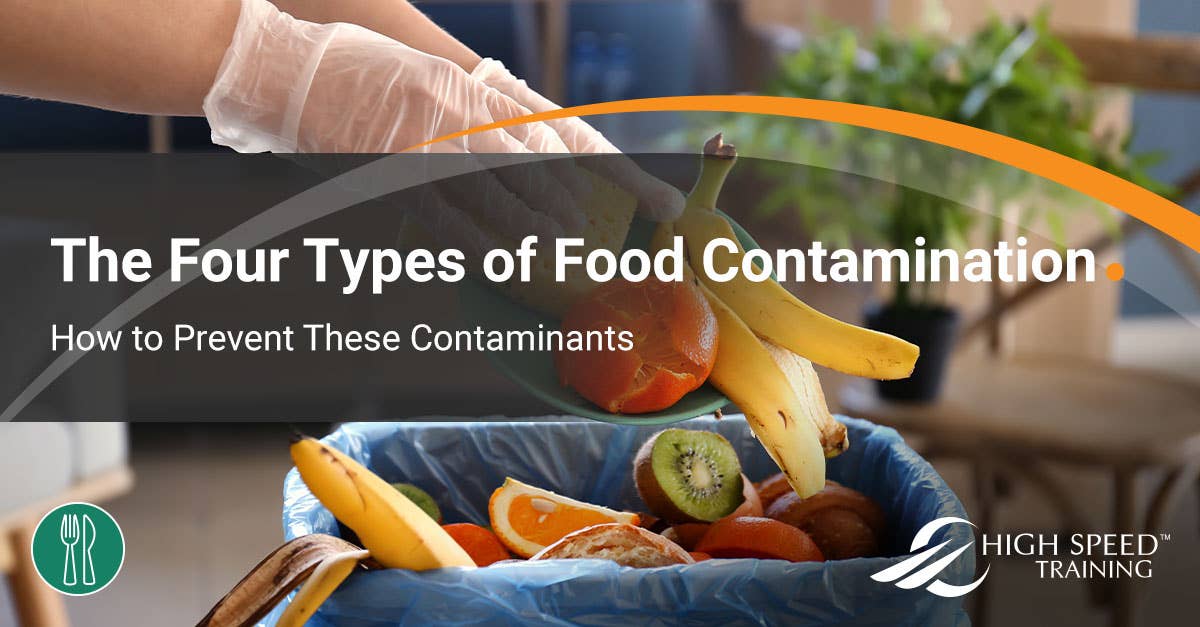
What Are The 4 Types Of Food Contamination Food Safety Guide

Ready To Eat Tcs Food Must Be Marked With The Date By Which It Must Be Sold Food Food 101 Food Borne Illness

Special Event Safe Food Handling Practices Office Of Environment Health Safety

4 Reasons To Pursue A Career In Food Safety Northeastern University

What Is Bare Hand Contact And How Do You Avoid It Texas Food Handler Safety
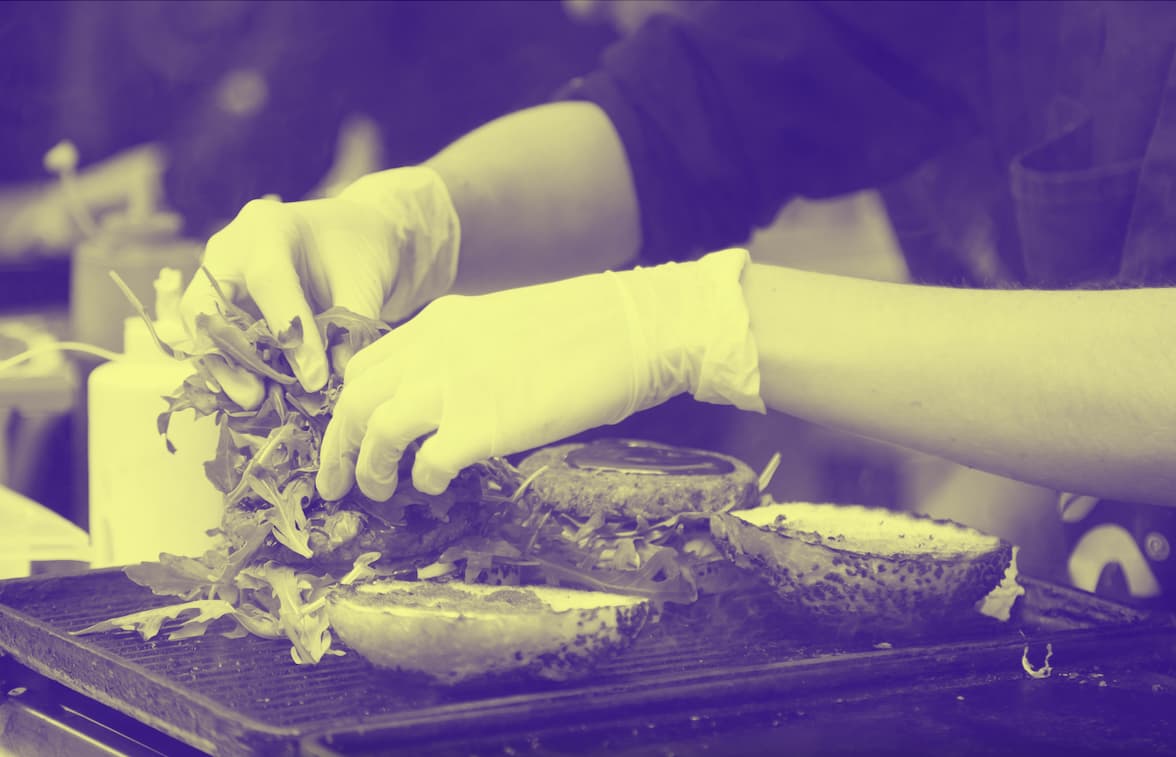
When Are Food Workers Required To Wear Gloves All About Glove Use

Diagnostic Test Servsafe Food Manager 80 Questions With Answers Youtube

Should Chefs Be Allowed To Touch Your Food While Barehanded The Denver Post

How To Prevent Hair In Food While Cooking

Food Safety Ways To Prevent Norovirus In Your Kitchen Gordon Food Service
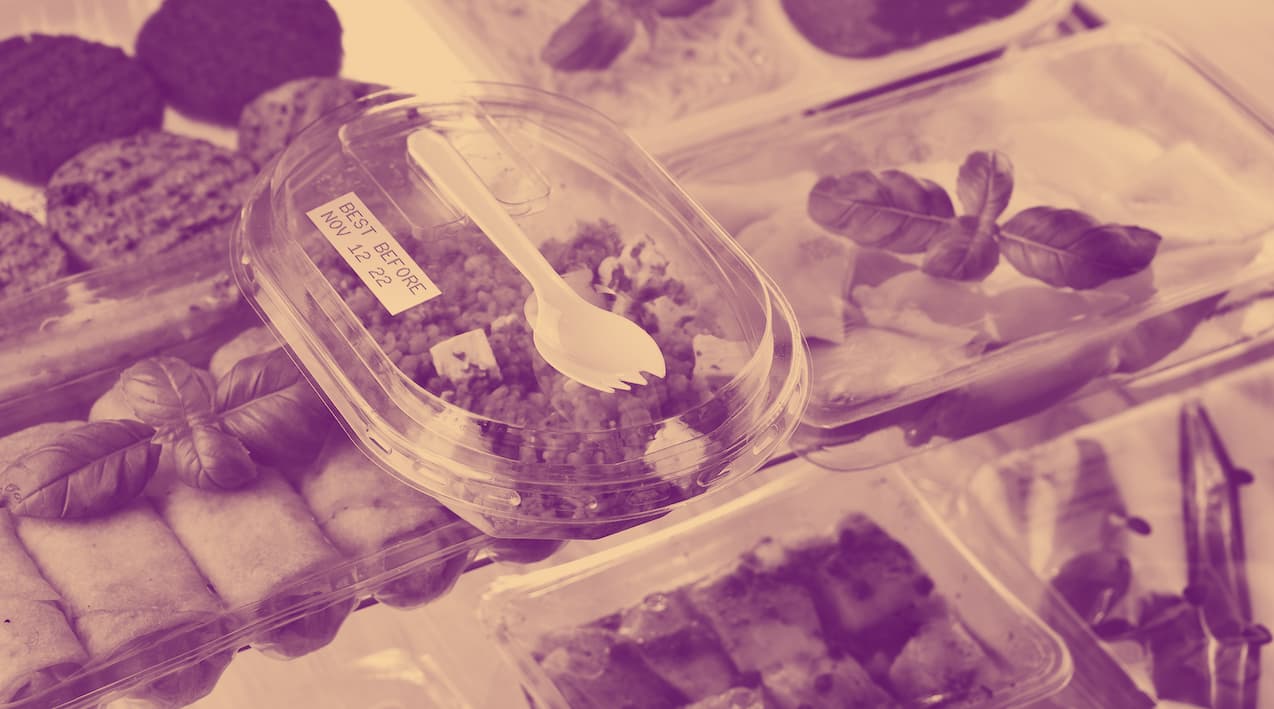
Ready To Eat Tcs Food Must Be Marked
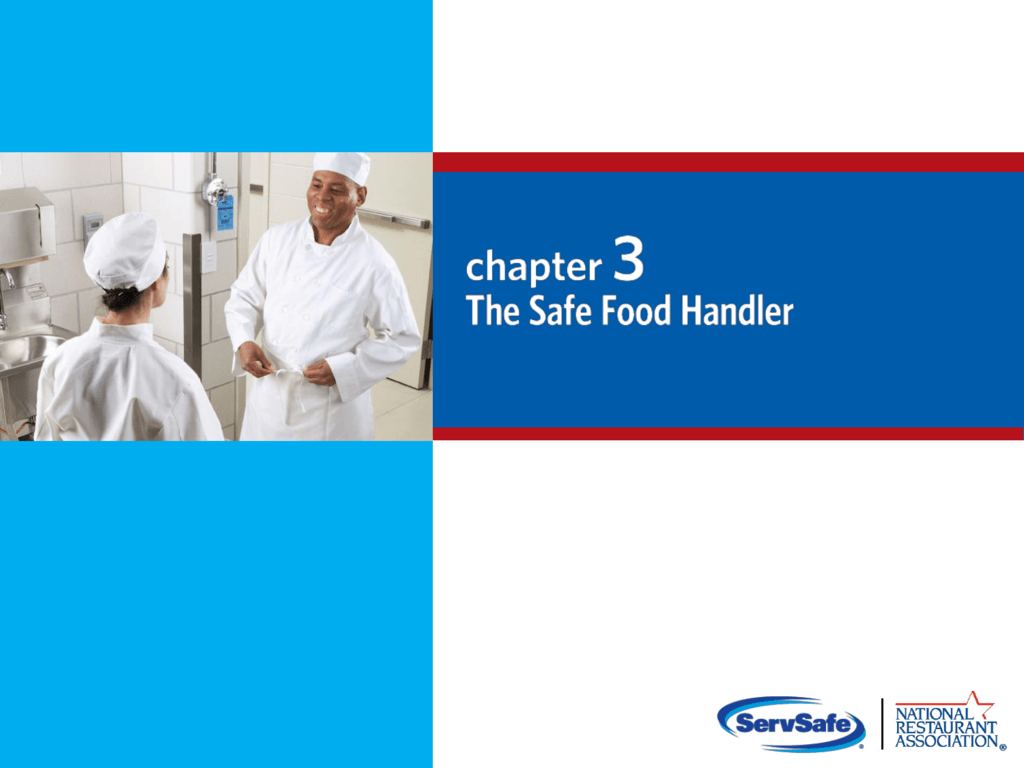
How Food Handlers Can Contaminate Food

Food Preparation Basics For Growing Restaurants

Stand Up Training Cross Contamination

5 Common Food Safety Violations

Safe Food Handling Tips For The Home Outside The Box Food Safety Tips Food Handling Safe Food
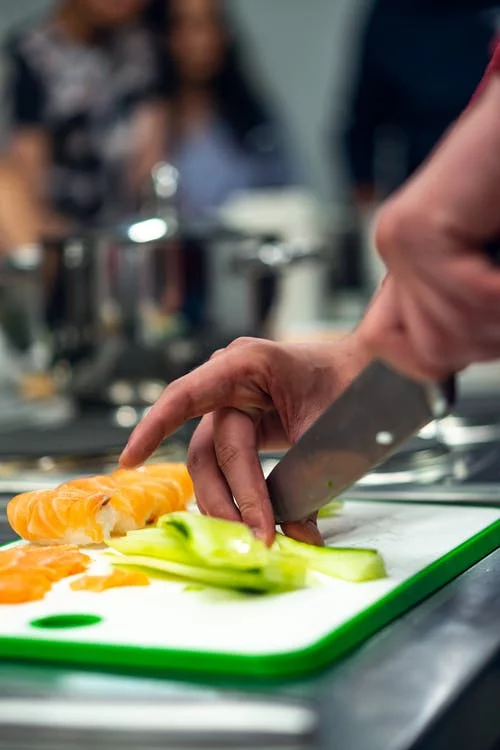
Top 5 Food Safety Mistakes Rules Sani Professional

Food Safety Poster Personal Hygiene Food Safety Posters Kitchen Safety Food Safety
